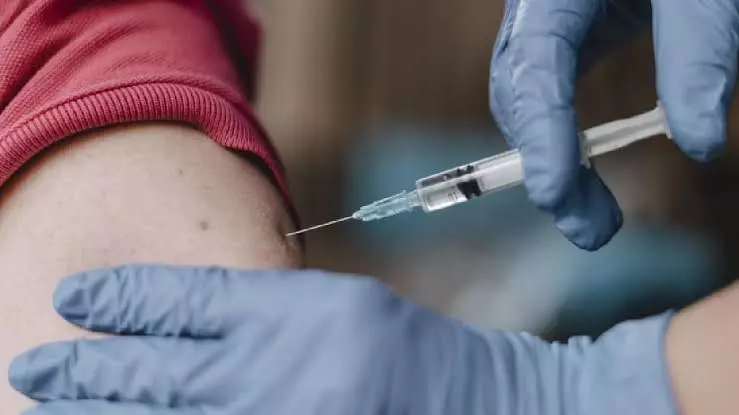Almost 50,000 excess deaths estimated globally due to disrupted routine vaccinations: Study
More than 30,000 are predicted from Africa and around 13,000 from Southeast Asia
By Newsmeter Network
New Delhi: Close to 50,000 additional deaths globally are estimated between 2020 and 2030 due to pandemic-related disruptions to immunisation, new research published in The Lancet Global Health journal has found. The study assessed the impact of Covid-19 on the coverage of measles, rubella, humanpapillomavirus (HPV), Hepatitis B, Meningitis A, and yellow fever vaccinations
Of these additional deaths, more than 30,000 are predicted from Africa and around 13,000 from Southeast Asia -- largely due to disruption to measles vaccine coverage. Globally, a little over 44,500 excess deaths are estimated to be due to the disruption to measles immunisation.
The results highlighted the potential excess burden and opportunity for mitigation in the World Health Organization's (WHO) African and South-East Asia regions, especially for measles, the study said.
The international team of researchers also estimated that catch-up activity can avert around 80 per cent of the excess deaths between 2023 and 2030.
"These estimates are the first of the effects of Covid-19 pandemic related coverage disruption on vaccine effects and implications for mitigation of excess burden since estimates of coverage declines were published," the authors wrote in the study.
The researchers used modelling groups from the Vaccine Impact Modelling Consortium from 112 low- and middle-income countries to estimate vaccine effect for 14 disease-causing pathogens.
The consortium, hosted out of Imperial College, UK, coordinates with research groups to model the impact of vaccination programmes worldwide, according to its website.
The study results emphasised the importance of timely catch-up activities and interventions to address affected vaccine cohorts, the resreachers said.
They also called for "continued global, concerted efforts" and "strong political commitment", which will be essential for overcoming existing challenges and increasing healthcare resilience.
Inputs from PTI